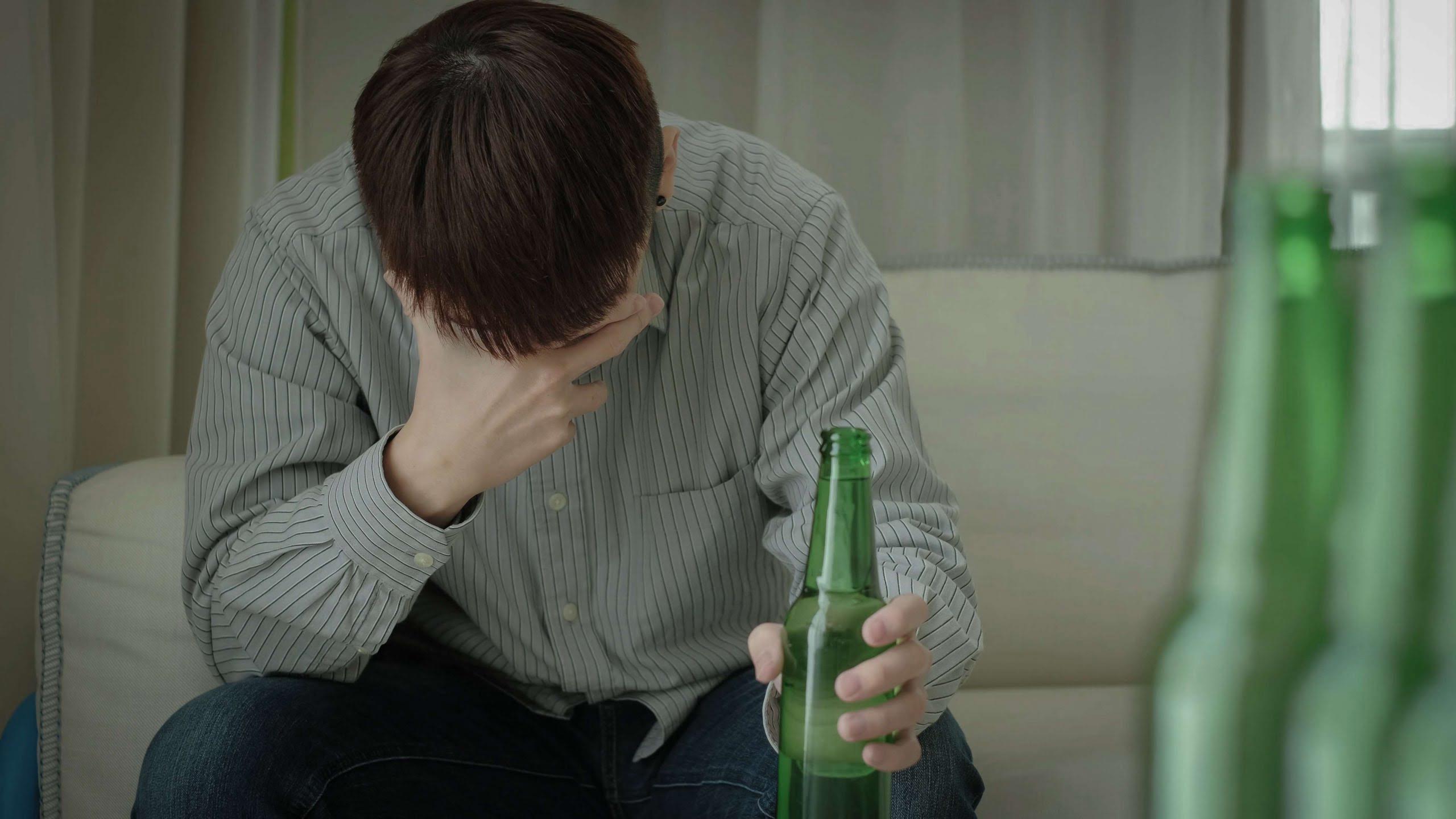Alcohol consumption significantly affects mental health through various psychological and biochemical mechanisms. Its use can lead to disorders and dependency, altering brain chemistry and cognitive function. At Talkiatry, we specialize in psychiatry, meaning the diagnosis and treatment of mental health conditions. For most patients, Talkiatry treatment is just as effective as in-person psychiatry (American Psychiatric Association, 2021), and much more convenient. That said, we don’t currently provide treatment for schizophrenia, primary eating disorder treatment, or Medication Assisted Treatment for substance use disorders.
Preventing Panic Attacks From Alcohol Consumption
What results is a vicious cycle of spiraling depression, increased anxiety levels, and a desperate attempt to feel better by drinking more, which ultimately makes the situation worse. Your brain relies heavily on proper hydration to function optimally. When you’re dehydrated, the brain may not receive enough water to does alcohol give you anxiety maintain its normal functions.
- When alcohol’s effect wears off, serotonin levels drop, which leads to anxiety (due to adrenaline release).
- It stabilizes electrical activity in the brain, reducing anxiety symptoms.
- “Alcohol also affects serotonin and dopamine pathways, both of which are implicated in mood and anxiety regulation,” she says.
- The decision to consume alcohol is a personal one that involves weighing the potential benefits and risks.
- It is also important to check whether you feel able to take a break from alcohol and look out for the warning signs of a drinking problem.
Personalized intensive treatment from home.
For instance, sensory grounding with ice or cold water is a technique that some people use to call their attention to an external sensation. Fortunately, you don’t have to let panic attacks interfere with your chances of enjoying a successful recovery. You can learn various techniques for managing your panic Sober living house attacks along with other challenging withdrawal symptoms.
- There is a connection between alcohol withdrawal and panic attacks.
- Even moderate amounts of drinking have been shown to increase cortisol production, which ultimately makes you feel more stressed, even in your daily life when you aren’t drinking anything.
- If all goes well, you should see a significant improvement in both frequency and intensity.
- Even if you do experience a panic attack when you stop drinking alcohol, it is good to know that they are manageable.
- Participating in support groups, 12-step facilitation groups, couples therapy, and family therapy is typically recommended.
Medical Risk Factors
These substances can increase heart rate and exacerbate feelings of panic. Risk https://www.bioxygen-mps.fr/sober-living-homes-what-are-they-and-who-needs/ factors for developing AUD include genetics, environment, and mental health conditions. Co-occurring disorders are common, with many individuals experiencing both AUD and other mental health issues like depression or anxiety. Studies show a high prevalence of anxiety among alcohol-dependent individuals.
- This symptom is more pronounced during withdrawal or in individuals with a history of anxiety disorders.
- Cognitive behavioral therapy (CBT) is a form of psychotherapy that focuses on changing the thoughts and feelings that affect mental health.
- From here, we can advise you on the best next steps and suitable rehabs to seek treatment.
- Find other ways to relax, such as exercise, meditation, or talking to friends.
- Heavy drinking depletes essential nutrients, potentially intensifying anxiety.

Long-term alcohol use often hurts your brain functions, including memory and concentration. Studies show these conditions happen together two to three times more often than by chance, with odds ratios between 2.1 and 3.3. When you experience anxiety, it is scary and interferes with your thoughts and ability to function. You want the anxiety to go away and may try several methods for relief. When you have anxiety in the future, you remember that alcohol helped calm you down the last time, so you drink again to relieve your symptoms. Hangxiety refers to the anxiety you experience as alcohol’s effects wear off.

Yet the rapid and intense palpitations and chest pain can be extremely unpleasant and can cause a person to seek out medical attention. Additionally, heavy drinking weakens the heart and reduces oxygen delivery, making physical and mental health issues worse. Alcohol changes the chemicals in your brain and can cause chaotic behavior in some cases. Misuse of alcohol often leads to sudden anxiety and panic attacks.





